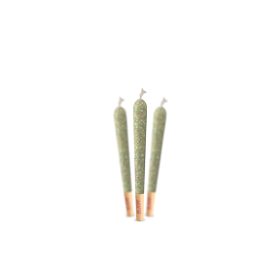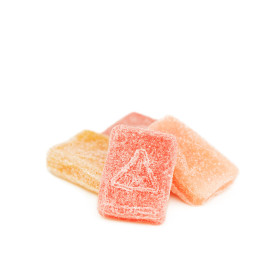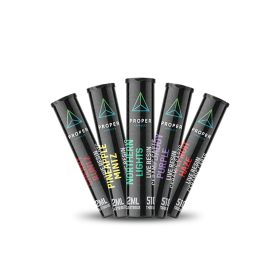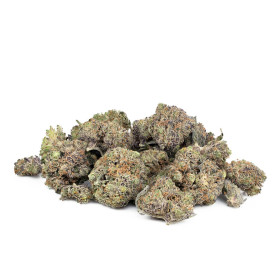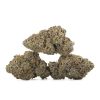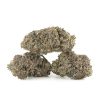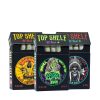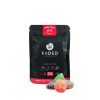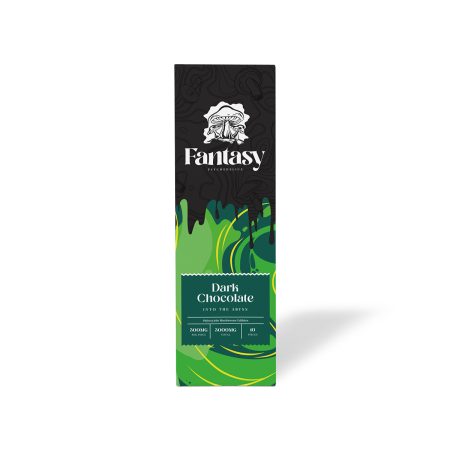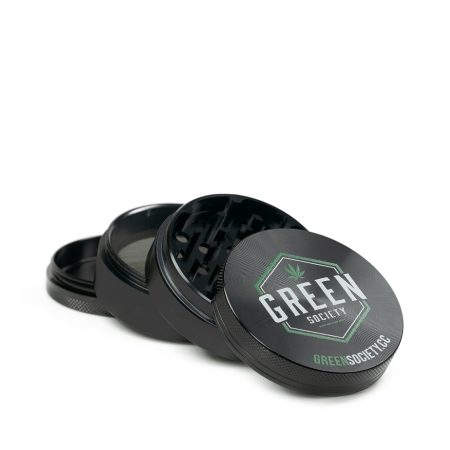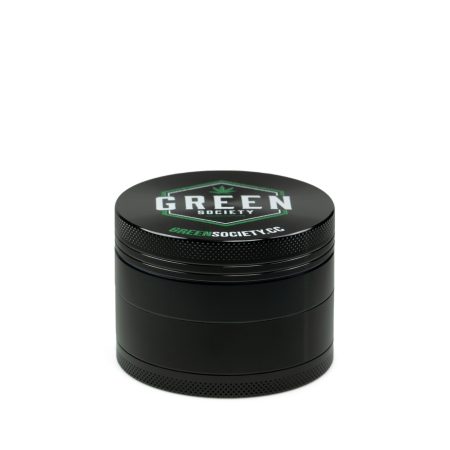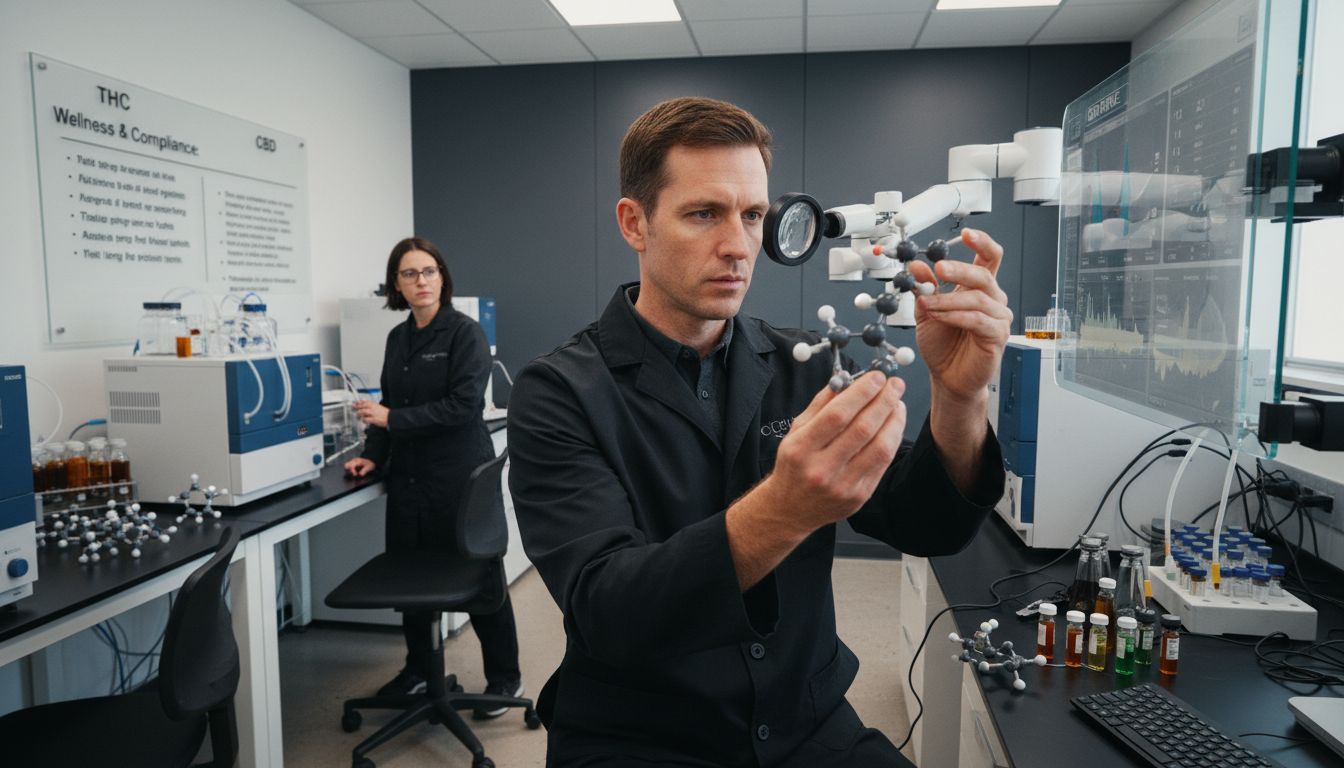Marijuana
THC vs CBD: Complete Guide to Cannabis Compounds
Most people are surprised to learn that over 100 cannabinoids exist in cannabis, yet THC and CBD attract more research and debate than all the rest combined. These two compounds shape how cannabis affects the mind and body, driving both curiosity and confusion for millions worldwide. Understanding their differences can empower you to make safer, more effective choices in wellness, recreation, and even compliance with changing laws.
Table of Contents
- THC And CBD Explained Clearly
- Comparing Effects And Uses In Cannabis
- Legal Status Of THC And CBD Globally
- Potential Risks And Safety Considerations
- Choosing The Right Product For Your Needs
Key Takeaways
| Point | Details |
|---|---|
| Differentiation of THC and CBD | THC is psychoactive and responsible for the “high”, while CBD is non-intoxicating and may offer therapeutic benefits. |
| Therapeutic Applications | THC is used for pain relief and appetite stimulation; CBD may reduce anxiety and inflammation. |
| Legal Variability | The legal status of THC and CBD varies by jurisdiction, with CBD generally facing fewer restrictions than THC. |
| Safety Considerations | Consumers should be aware of potential risks, such as cognitive impairment from THC and interactions with medications for CBD. |
THC and CBD Explained Clearly
Cannabis contains hundreds of chemical compounds, but two stand out as the most famous and researched: tetrahydrocannabinol (THC) and cannabidiol (CBD). While they share similar molecular origins, these compounds interact dramatically differently with the human body, creating distinct experiences and potential therapeutic applications.
According to PubMed, THC and CBD are both cannabinoids that originate from the cannabis plant, but their chemical structures and interactions with the body’s endocannabinoid system are fundamentally unique. THC is the primary psychoactive compound responsible for the “high” sensation, while CBD remains non-intoxicating and potentially therapeutic.
Key differences between THC and CBD include:
- Psychoactive Properties: THC produces mind-altering effects; CBD does not
- Molecular Structure: Slight variations in atomic arrangement create dramatically different bodily responses
- Receptor Interaction: THC directly binds with cannabinoid receptors; CBD modulates receptor activity more subtly
As WebMD explains, understanding these compounds requires recognizing their complex interactions within our endocannabinoid system. THC primarily activates CB1 receptors in the brain, causing euphoric and potentially sedative effects, whereas CBD tends to interact more indirectly, potentially offering therapeutic benefits without intoxication. Why You Get High From THC, But Not From CBD provides deeper insights into these fascinating molecular mechanisms.
Comparing Effects and Uses in Cannabis
The effects and uses of THC and CBD differ dramatically, creating unique therapeutic and recreational experiences for cannabis consumers. While both compounds originate from the same plant, their interactions with the human body produce starkly different outcomes that appeal to various medical and personal needs.
According to PubMed, the potential therapeutic applications of THC and CBD vary significantly. THC is primarily associated with psychoactive effects and potential medical interventions like pain management and appetite stimulation, while CBD demonstrates promise in addressing anxiety, inflammation, and neurological conditions without producing a “high”.
Key medical and recreational uses include:
- THC Uses:
- Pain relief
- Appetite stimulation
- Sleep management
- Potential treatment for PTSD symptoms
- CBD Uses:
- Anxiety reduction
- Anti-inflammatory properties
- Potential seizure management
- Stress and chronic pain relief
As WebMD explains, understanding these compounds requires recognizing their nuanced interactions with the human body. The THC vs CBD guide provides deeper insights into how these cannabinoids can be strategically utilized for different health and wellness objectives, highlighting the complex and fascinating world of cannabis compounds.

Legal Status of THC and CBD Globally
The legal landscape surrounding cannabis compounds is complex and continually evolving, with significant variations between countries and jurisdictions. THC and CBD face dramatically different regulatory approaches, reflecting their distinct chemical properties and potential impacts on human health and consciousness.
In North America, cannabis regulations have transformed dramatically in recent years. While some regions have fully legalized both medical and recreational cannabis, others maintain strict restrictions. CBD typically enjoys more lenient legal status due to its non-psychoactive nature, whereas THC remains more heavily regulated. The legalization of marijuana in Canada represents a progressive approach that has influenced global perspectives on cannabis regulation.
Key legal considerations for THC and CBD include:
- International Variation: Legality differs dramatically between countries
- Medical vs Recreational Use: Separate legal frameworks often exist
- THC Concentration Limits: Many jurisdictions specify maximum allowable percentages
- Import/Export Restrictions: Stringent regulations govern cross-border cannabis movement
While no universal global standard exists, trends indicate increasing acceptance and nuanced regulation of cannabis compounds. Different nations categorize THC and CBD based on:
- Psychoactive potential
- Demonstrated medical benefits
- Cultural and historical attitudes toward cannabis
Consumers must remain informed about local regulations, as legal interpretations continue to evolve rapidly across different regions and jurisdictions.
Potential Risks and Safety Considerations
Navigating the potential risks of THC and CBD requires a nuanced understanding of their complex interactions with the human body. While both compounds offer potential therapeutic benefits, they also present unique safety considerations that consumers must carefully evaluate before use.
According to PubMed, chronic THC consumption is associated with increased risks of mental health disorders, including potential impacts on cognitive function and psychological stability. The research highlights the importance of responsible consumption and understanding individual vulnerability to potential adverse effects.

Key safety risks and considerations include:
- THC Risks:
- Potential cognitive impairment
- Short-term memory disruption
- Increased anxiety in susceptible individuals
- Potential dependency with long-term use
- CBD Risks:
- Potential liver enzyme interactions
- Possible medication contraindications
- Potential side effects like fatigue or changes in appetite
- Variability in product quality and concentration
As WebMD explains, product purity and source are critical factors in minimizing potential risks. Consumers should prioritize purchasing from reputable sources and consult healthcare professionals before incorporating THC or CBD into their wellness routine. The what is CBD and its benefits guide provides additional insights into responsible and informed cannabis compound consumption.
Choosing the Right Product for Your Needs
Selecting the appropriate cannabis product requires careful consideration of your personal health goals, lifestyle, and individual physiological responses. THC and CBD offer distinct experiences, and understanding their nuanced differences can help you make an informed decision that aligns with your specific wellness objectives.
According to WebMD, choosing between THC and CBD products depends on several critical factors, including desired effects, potential therapeutic needs, and personal tolerance for psychoactive experiences. Some individuals seek the recreational or intense therapeutic effects of THC, while others prefer the more subtle, non-intoxicating benefits of CBD.
Key selection criteria include:
- Personal Health Goals:
- Pain management
- Anxiety reduction
- Sleep improvement
- Recreational experience
- Considerations Before Purchasing:
- Consult healthcare professionals
- Understand local legal restrictions
- Review product third-party testing
- Start with low dosages
As Time emphasizes, product sourcing is crucial. Consumers must prioritize purchasing from reputable sources that provide transparent third-party lab testing, ensuring product purity, accurate cannabinoid concentrations, and absence of contaminants. The what is CBD and its benefits guide offers additional insights into making an informed selection tailored to your unique needs.
Find Your Perfect Cannabis Experience with GreenSociety.cc
Understanding the differences between THC and CBD can feel overwhelming when you’re trying to choose the right cannabis products for your needs. Whether you are seeking relief from pain, stress, or sleep issues, or simply looking for the best recreational experience, knowing which compound suits you best is key. The challenges of selecting high-quality products that deliver the intended effects without surprises can leave many feeling uncertain.
At GreenSociety.cc, we make it easy to explore a wide range of trusted cannabis options that match your goals — from relaxing, non-intoxicating CBD products to THC varieties that offer stronger effects. Choose with confidence knowing every product is vetted for quality and transparency. Start your journey now with access to expert guides like what is CBD and its benefits guide and detailed insights from the THC vs CBD guide to help you make informed choices.
Explore a seamless shopping experience and discreet delivery that brings the best cannabis products to your doorstep.
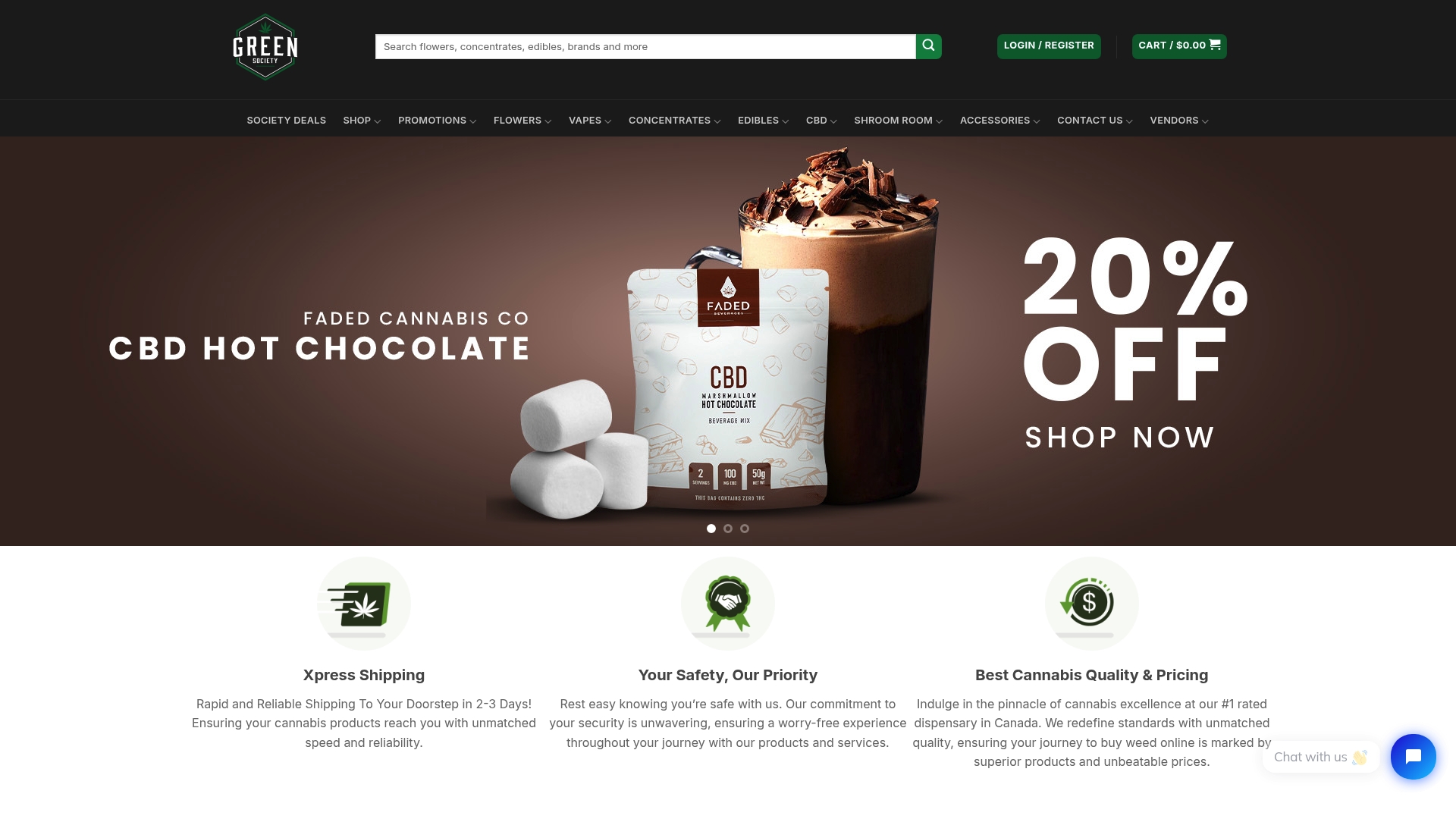
Ready to take control of your wellness or recreational journey? Visit GreenSociety.cc today and discover the perfect cannabis experience designed just for you. Your ideal blend of relief and enjoyment is only a few clicks away.
Frequently Asked Questions
What is the main difference between THC and CBD?
THC is the primary psychoactive compound in cannabis that produces the “high” sensation, while CBD is non-intoxicating and primarily offers potential therapeutic benefits without affecting mental state.
How do THC and CBD interact with the body’s endocannabinoid system?
THC binds directly to CB1 receptors in the brain, leading to euphoric effects, whereas CBD interacts more subtly, modulating receptor activity and providing therapeutic effects without intoxication.
What are the medicinal uses of THC and CBD?
THC is commonly used for pain relief, appetite stimulation, and sleep management, while CBD is known for anxiety reduction, anti-inflammatory properties, and potential seizure management.
Are there any risks associated with using THC or CBD?
Yes, THC can lead to cognitive impairment, increased anxiety, and potential dependency, while CBD may interact with liver enzymes and could cause side effects like fatigue or changes in appetite.
Recommended
- Why You Get High From THC, But Not From CBD ~ Green Society Blog
- Hemp Or Marijuana: Which One Is The Best? ~ Green Society Blog
- THC vs CBD: Whats the Difference? ~ Green Society Blog
- CBD Tincture for Beginners ~ Green Society Blog

